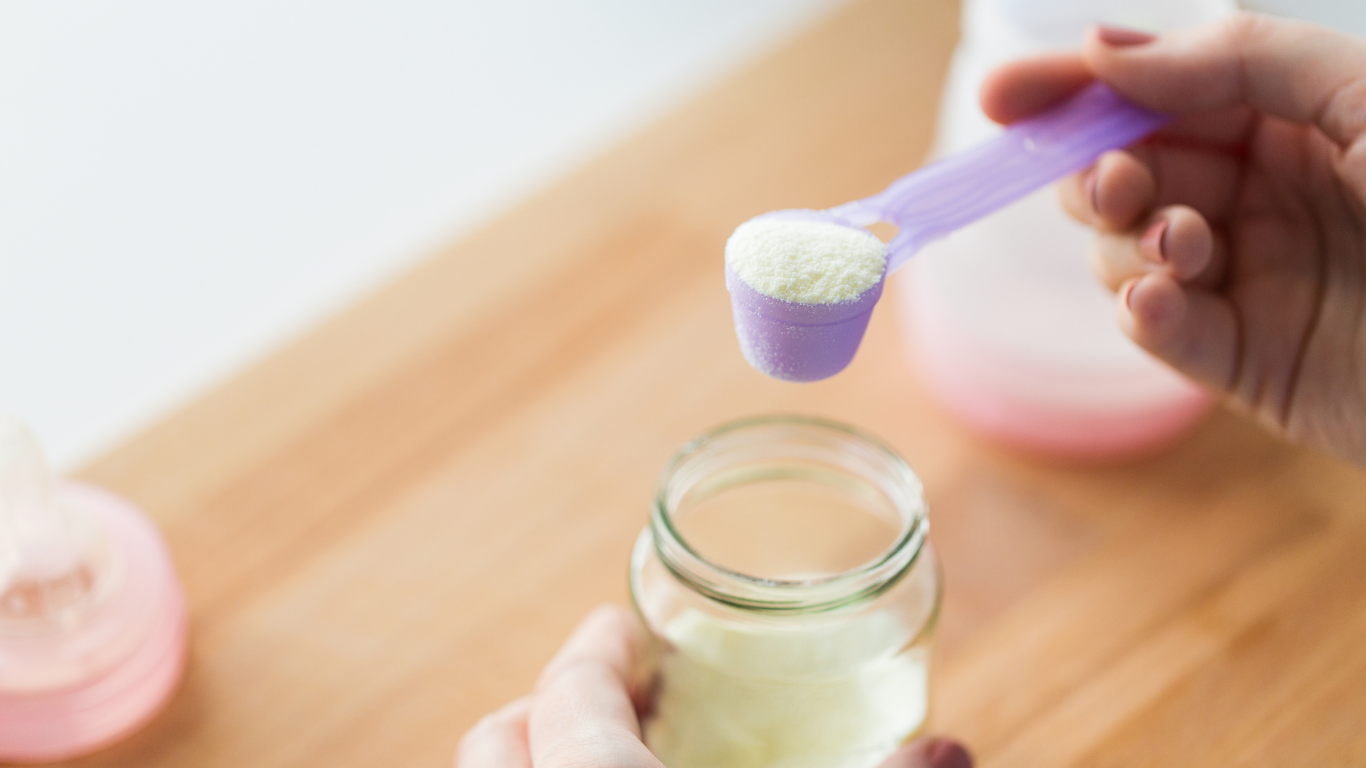Mothers of infants often worry about whether they are giving their babies the right amount of milk. They try to stick to the schemes developed by specialists, such as the one presented on the source link. This article answers the question, “How much baby formula a baby needs?”
Milk Is the Basis of the Diet
The infant nutrition scheme developed by specialists says that until six months, the mother’s milk or baby formula should be the baby’s only food, and until one year, it should be the basis of the baby’s diet. It is from breast milk or the organic formula that all valuable and necessary nutrients come, which is why milk is so critical.
How Much Should a Formula-Fed Newborn Eat?
Babies should be fed on demand. It means that you have to feed your baby as often and for as long as its needs and signals.
To determine the amount of organic formula a newborn should eat, the parents must follow the information provided by the manufacturer and never exceed the recommended dose for one feeding and during the day. Besides, parents should know the general indications for the optimal amount of formula an infant should eat. Babies in particular months of life should consume the following amounts of formula per day:
- from the first days after birth, newborns eat approximately 30-60 ml of baby formula, the amount of which increases by another 10 ml after the end of another week of life;
- in the first month of life, an infant eats an average of 90 to 110 ml of baby formula, around seven times a day;
- in the second month, the amount of formula eaten by the baby increases from 110 to 130 ml, but the infant eats on average six times a day;
- in the third month, the baby stays with six portions of milk, which should be 130 ml each;
- in the fourth month, the amount of formula consumed by the baby increases to 150 ml per feeding;
- in the sixth month, when there is a breakthrough moment of expanding the diet, the daily portion of the formula can be reduced to 4 portions, but the amount of prepared mixture should be increased to 180 ml.
Nevertheless, formula-fed babies may have different daily requirements for food. The baby will not always be able to eat the entire portion of the formula at each feeding. Sometimes, it will need less, and at other times, during intensive growth or a developmental leap, it may require more food. Similarly, the parents should be guided by the most important determinant, which is the weekly or monthly weight gain of the infant.
How to Check if the Baby Is Getting the Right Amount of Formula?
The best way to see if a baby is eating enough is to observe it. If your infant is gaining weight and developing harmoniously, and the pediatrician sees nothing disturbing, everything is fine. In such a case, the baby is getting the right amount of food, and you have nothing to worry about.
Regardless of how you feed your baby, observe it to ensure it is not hungry. If your little one puts its hands in the mouth, sticks out the tongue, opens the mouth, licks, sucks, cries, or moves its head to find a breast, it is probably hungry.
No less effective way to make sure that the baby is well-fed is to observe dirty diapers. Stools should be regular. Remember that a newborn can poop each time after feeding.
Also, remember that in the first weeks of a baby’s life there will be periods of restless feeding, more frequent awakening at night, or even “hanging” on the breast or bottle.
Also, Read More About – No Scars Cream | Aristozyme Syrup Uses in Hindi


